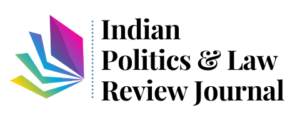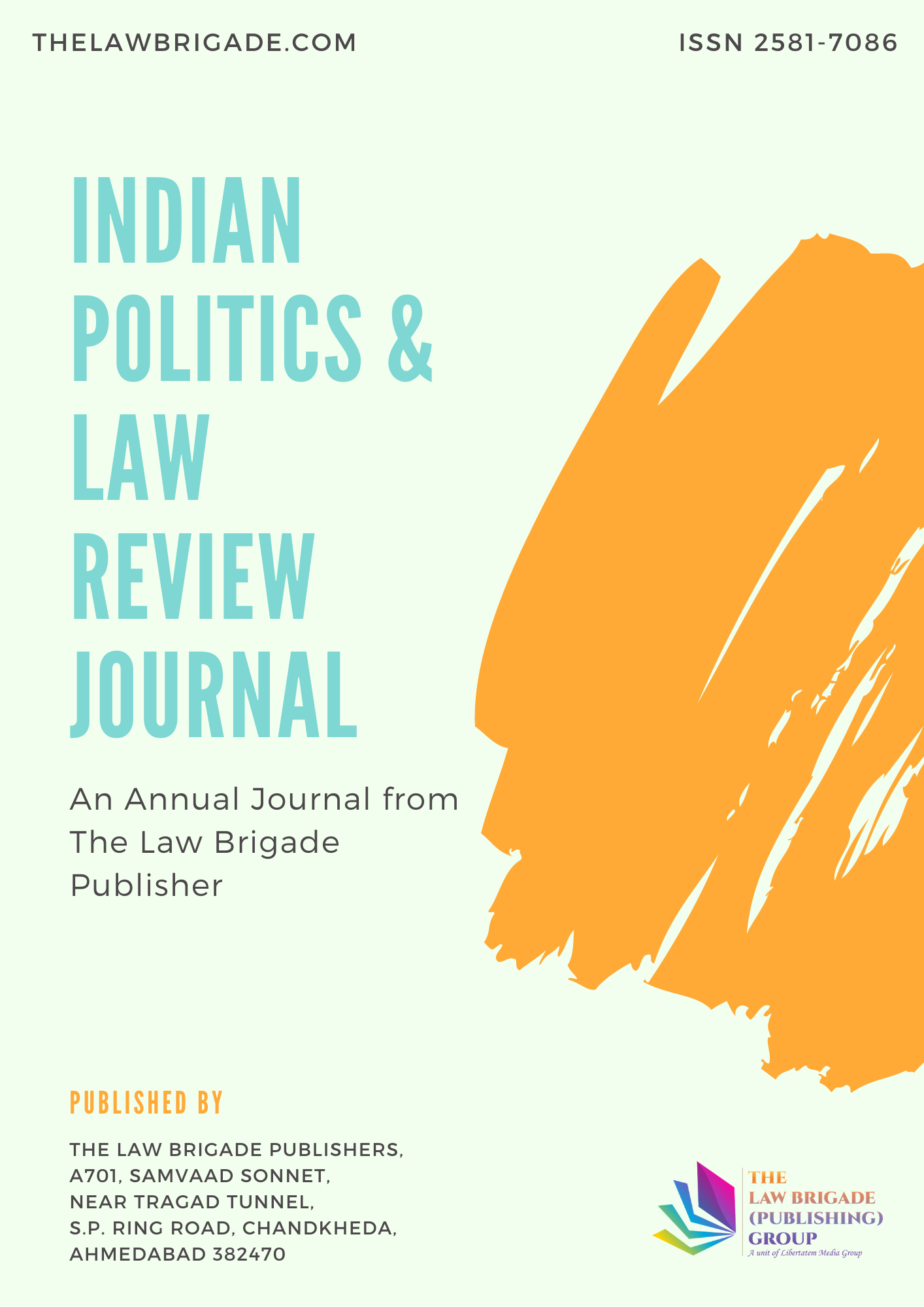This research paper deals with one of the most pressing issues in the field of Intellectual Property Rights (IPR), that is, Copyright Infringement. Copyright is a special and exclusive right granted to the author or creator of any authentic and original work. The person who first comes up with any new idea or work (whether literary, artistic, dramatic, cinematographic, etc), that is, the first and original author of any work, is the one who has the right and is entitled to claim sole ownership in the work, excluding all others from using or exploiting the work without his permission for any purpose whatsoever.
This ownership that enables the author to exclude others from using his work is called copyright and having copyright establishes the poof of an author’s ownership over a work. Copyright enables the author to protect and preserve his originality and creativity against the world at large. For better protection and recognition, the copyright must always be registered. Registration of copyright helps in cases of copyright infringement as well. Copyright Infringement is the offence of infringing or violating an author’s copyright over a work. When a person comes up with similar work or an idea that has already been granted copyright, it amounts to copyright infringement. Copyright Infringement is a grave and heinous offence. Just as we talk about theft or stealing being a criminal offence, copyright infringement amounts to the theft of ideas and works of another person. Despite this, copyright infringement continued to be a non-cognizable and bailable offence. However, through a recent judgement of the Apex Court in a case, the offence of copyright infringement has been declared to be a cognizable and a non-bailable offence. This new ruling of the Apex Court is the topic for discussion in the paper, with which it is concerned about.
The paper confines itself strictly to the Indian context. It begins by throwing some light on the history of copyright in the country and its evolution. It then discusses the offence of copyright infringement as per the Copyright Act of 1957. Further, it moves on to talk about the existing loopholes under the Copyright Law. It then moves on to discuss the latest judgement of the Apex Court that declared copyright infringement to be a cognizable and a non-bailable offence. The court’s ruling in light of its interpretation of section 63 of the Copyright Act is also discussed. An attempt has been made to analyze the judgement of the Supreme Court from the author’s point of view. Moving forward, some of the aspects and areas of concern with respect to the said judgement are also discussed. Finally, the paper would conclude by talking about the valuable solutions and ways of curbing the menace of copyright infringement.





